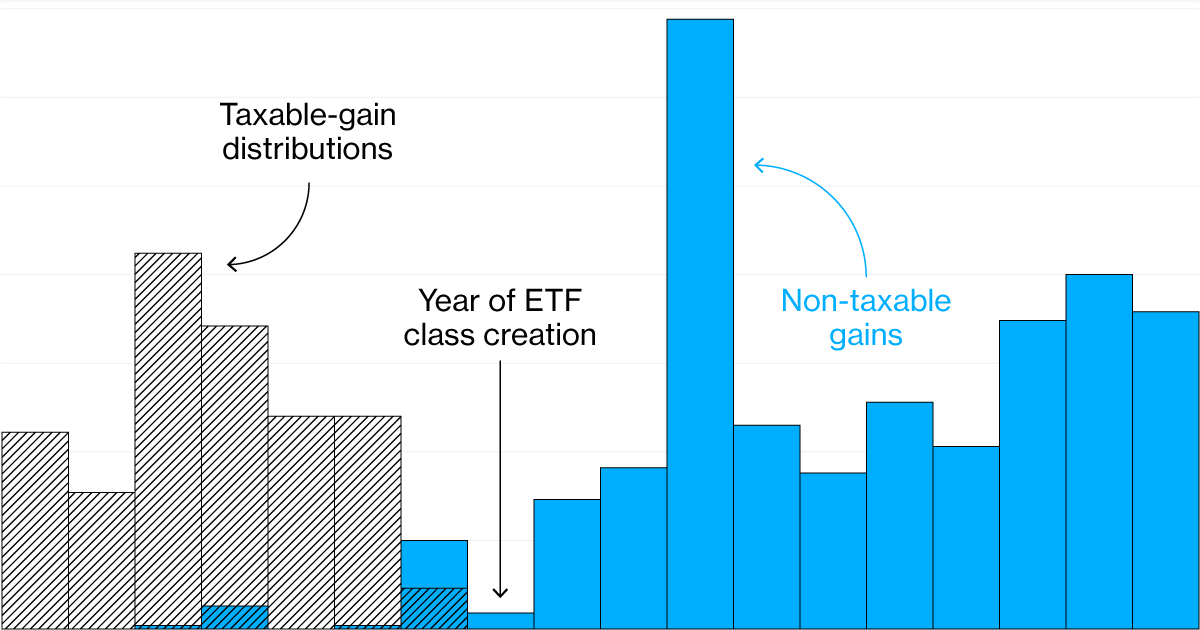- Joined
- Jul 16, 2003
- Messages
- 6,030
- Reaction score
- 3,810
Just in case none of you know what it is.
If you work for an AMC, you can do this to get up to 56k.
Can only do a conversion once a year.

 www.nerdwallet.com
www.nerdwallet.com
If you work for an AMC, you can do this to get up to 56k.
Can only do a conversion once a year.

Mega Backdoor Roths: How They Work - NerdWallet
If you're a high-earner who can't contribute to a Roth IRA, a mega backdoor Roth — particularly if your 401(k) plan allows it — might be a solution.




